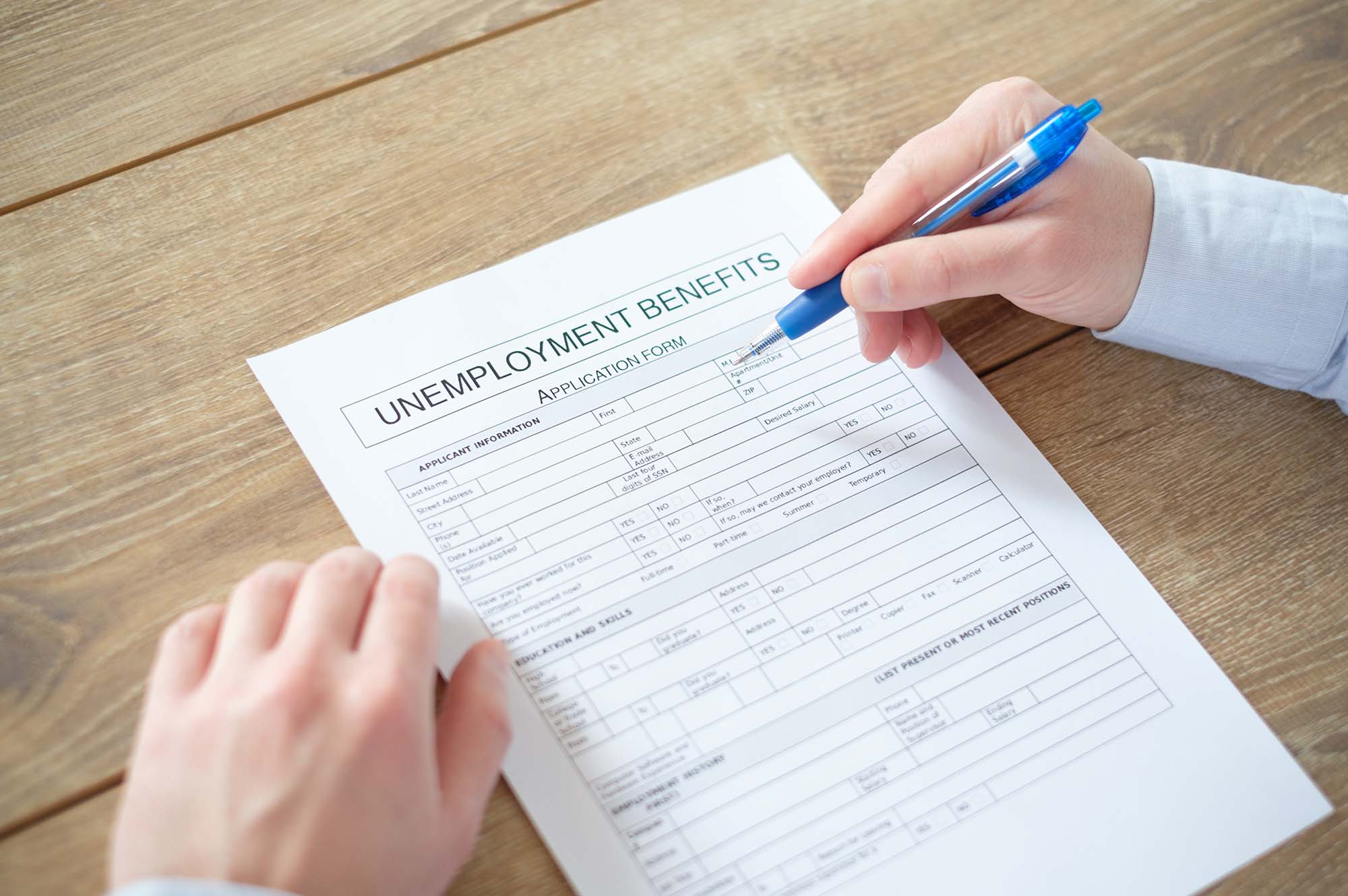Unemployment
- Home
- Unemployment

Unemployment benefits are a form of financial assistance that is provided by the government to individuals who are unemployed and actively seeking employment. These benefits are designed to help individuals and families meet their basic needs while they are between jobs. In the United States, unemployment benefits are typically administered by the state government, although they are funded in part by the federal government.
To qualify for unemployment benefits, an individual must have lost their job through no fault of their own, such as a layoff or company closure. They must also have worked for a certain amount of time and earned a minimum amount of wages during a specific period known as the base period. The base period is typically the first four of the last five completed calendar quarters before the individual files for unemployment benefits.
To apply for unemployment benefits, individuals must typically file a claim with their state’s unemployment agency. This can usually be done online or over the phone. During the application process, individuals will be asked to provide information about their employment history and the reason for their job loss. They will also need to provide personal information, such as their Social Security number and contact information.
Once an individual’s unemployment claim is approved, they will begin receiving weekly payments. The amount of the payments is based on the individual’s previous earnings and varies by state. In general, the payments are designed to replace a portion of the individual’s lost income, but they are typically not enough to cover all of their expenses.
In addition to providing financial assistance, unemployment benefits may also offer other benefits to help individuals find new employment. For example, many states require individuals who are receiving unemployment benefits to participate in job search activities, such as attending job fairs, submitting job applications, or participating in training programs. Some states may also offer job search assistance or career counseling services.
Unemployment benefits are usually temporary and have a maximum duration of 26 weeks in most states. However, during times of high unemployment, such as during a recession, the federal government may provide extended benefits that allow individuals to receive benefits for a longer period of time.
It is important to note that not all individuals who are unemployed are eligible for unemployment benefits. For example, individuals who quit their job voluntarily or who were fired for cause may not be eligible for benefits. Additionally, individuals who are self-employed or who work part-time may not be eligible in some states.
In recent years, unemployment benefits have been a controversial topic, with some arguing that they create a disincentive for individuals to find work. However, proponents of unemployment benefits argue that they provide a critical safety net for individuals and families during times of economic hardship.
In conclusion, unemployment benefits are a form of financial assistance that is provided to individuals who are unemployed and actively seeking work. They are typically administered by the state government and funded in part by the federal government. To apply for unemployment benefits, individuals must file a claim with their state’s unemployment agency and meet certain eligibility requirements. While unemployment benefits can provide critical financial assistance during times of economic hardship, they are typically temporary and have a maximum duration of 26 weeks in most states.
This Content Was AI Generated